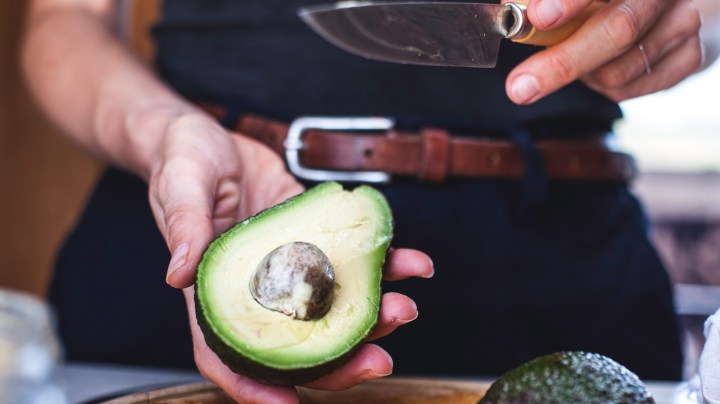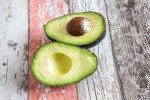These Universities Want to Pay You to Eat Avocados Every Day for 6 Months

Photo by Enrique Díaz / 7cero / Moment
Most avocado lovers would gladly use their hard-earned cash (sometimes spending double digits) to eat the delicious fruit in myriad ways. But if you’re one of a lucky 1,000 people, you may soon get paid for satisfying your avocado cravings. Four universities are teaming up to fund this venture – all in the name of research.
Researchers at Loma Linda University, Penn State, Tufts University, and the University of California, Los Angeles want to study the effects of avocados during six months. For this research, they’re looking to pay 1,000 people to see if avocados are actually ideal for weight loss, according to CNN. The lucky participants will get $300 and 24 avocados at the end of the study, which is a pretty sweet deal, especially if you already regularly eat avocados.
The participants need to eat one avocado per day for the length of the study. If you’re one of those people who easily tires of eating the same foods, then you should sit this one out. But if you’re not, in order to qualify, you must be 25 years or older and have an at least 35-inch waist. You also need to attend regular clinic visits and have two MRI scans over the course of six months. The research also involves monthly dietary meetings. So, it’s not all fun and games after all.
For the study, researchers are mainly looking to prove whether the heart-healthy fats contained in avocados are good for reducing abdominal fats, blood pressure, and the effects of cardiovascular disease. Avocados have the highest good fat content of any fruit and have become one of the go-to meals for people who want to eat a healthy diet.

While the researchers’ may not intentionally be looking to increase the consumption of avocados, the fruit has become one of the most sought after in the United States. In the last 20 years, consumption has increased by 443 percent, according to the USDA. By 2014, the average of avocado consumption in the United States amounted to 24 million pounds. There are serious environmental, economic, and social effects to these high levels of consumption, especially on Latin American countries such as Mexico and Peru, which produce 80 percent of avocados consumed in the United States. Some of the most pressing consequences of the avocado rush are low wages for more work, child labor, deforestation, and emission of greenhouse gases.
The study— titled “The Habitual Diet and Avocado Trial”— is obviously influenced by the United States’ increasing obsession with avocados, and while they may be delicious, it’s important to understand that the increased demand has human consequences. But if you’re willing to eat avocados for science, then this is your moment.